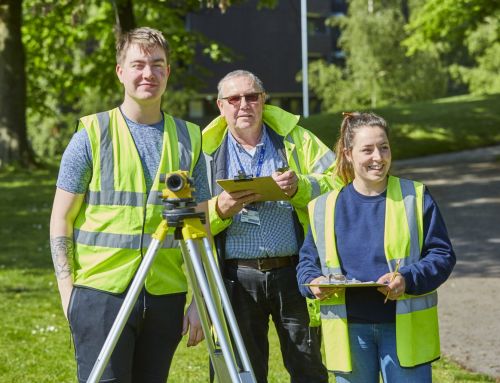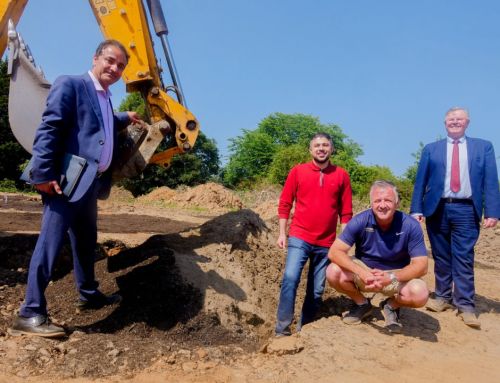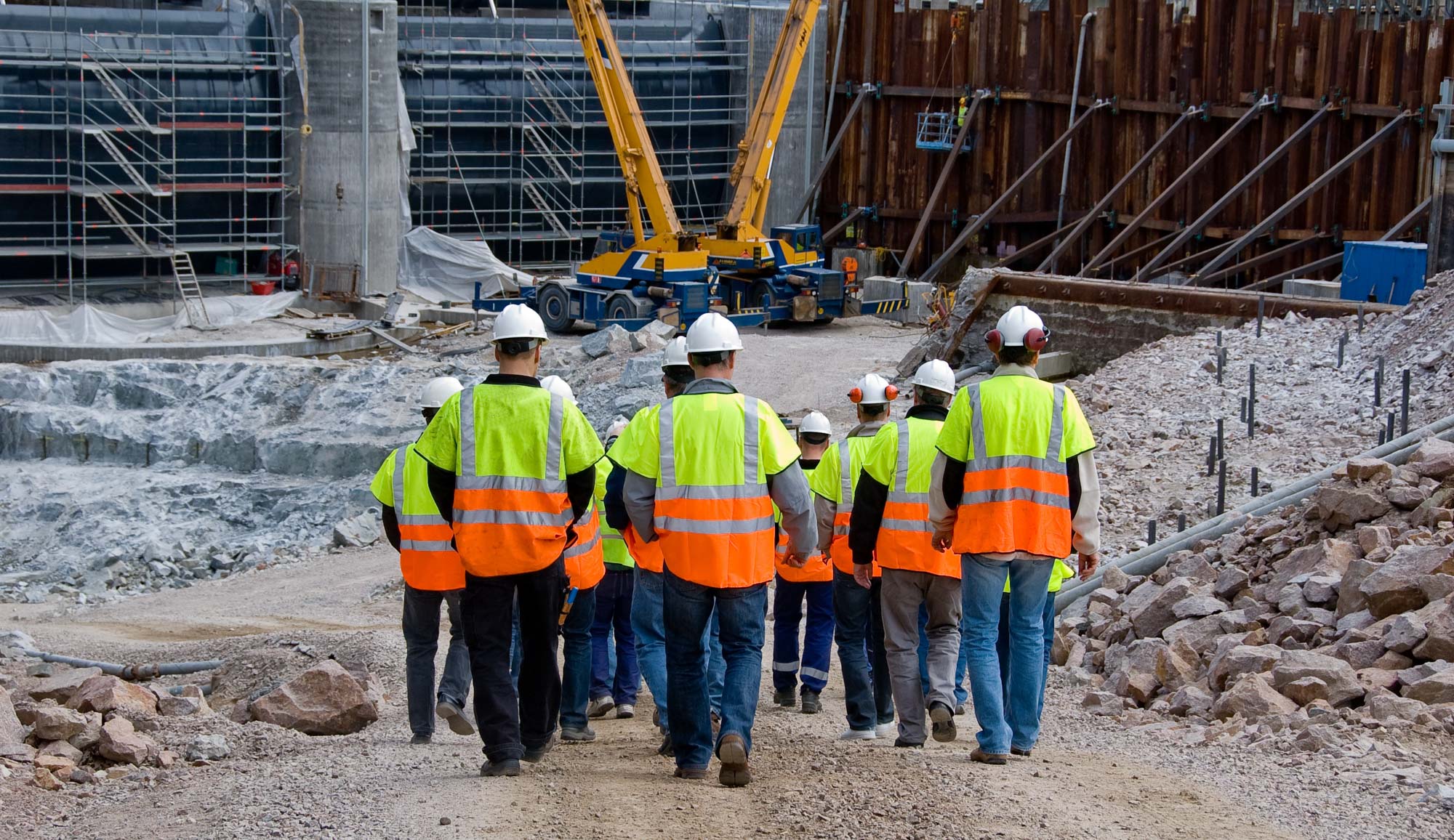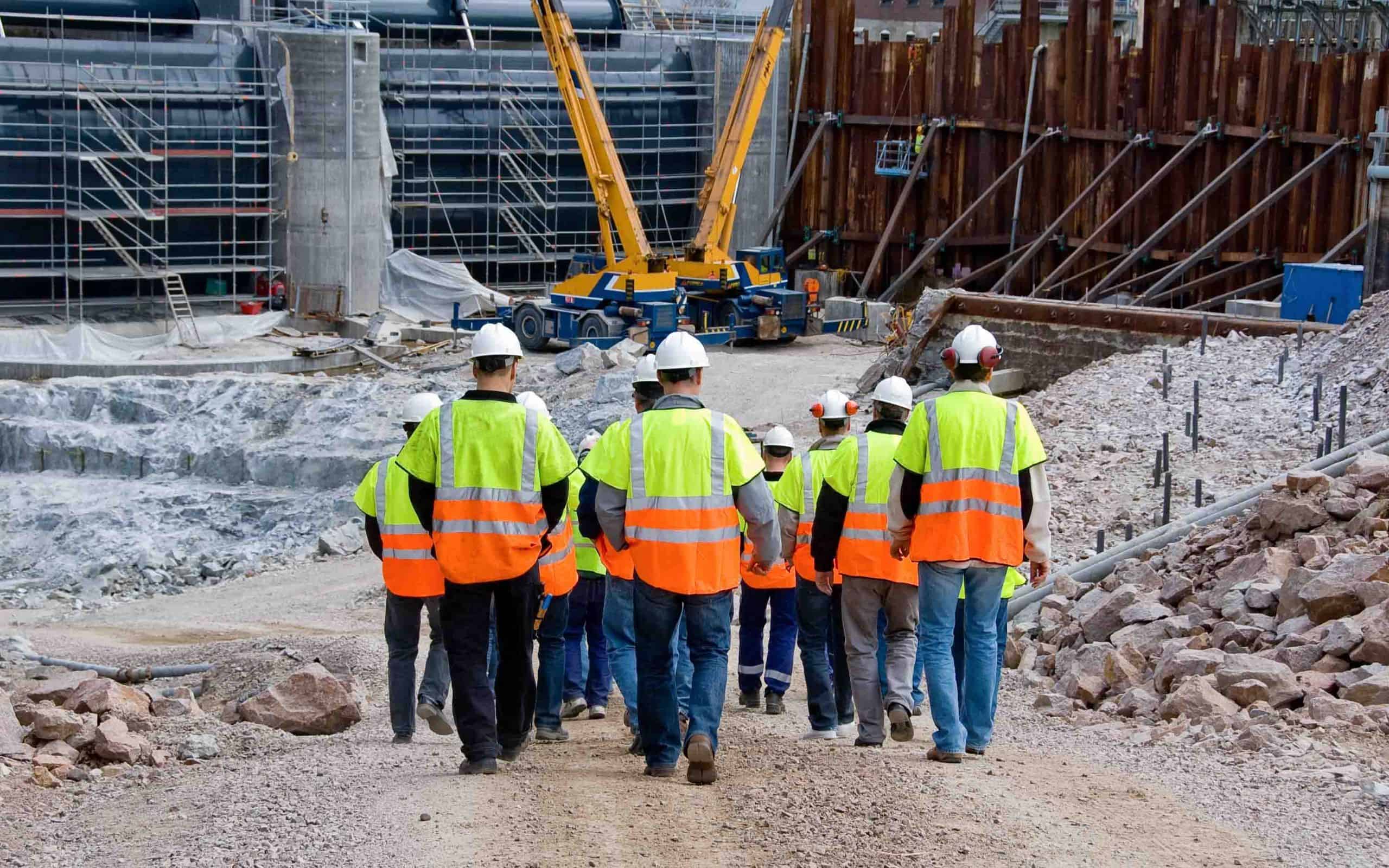The Social Mobility Commission has released a report on the adult skills gap in the United Kingdom.
The report, entitled ‘The adult skills gap: is falling investment in UK adults stalling social mobility?’, highlights how the poorest adults with the lowest qualifications are the least likely to access adult training.
Key findings identified that:
Those who do complete training are more likely to come from professional or managerial backgrounds, with men in manual occupations least likely to have done training regardless of age.
National Vocational Qualifications (NVQs) had some of the lowest wage returns to education, whereas Business and Technology Education Council (BTEC) qualifications had the highest, especially those in construction and engineering. Employers and government training schemes made up the largest proportion of manual training.
The National Federation of Builders (NFB) welcomes the research, as it brings awareness to the need for more funding in adult education and an increased focus on those industries that are performing better than average.
In construction, additional training is typically enabled by career experience. This is particularly prevalent amongst SMEs because apprentices may begin in one field, such as bricklaying, and throughout their career have an opportunity to retrain, for example, as a site manager. Richard Beresford, chief executive of the NFB, said:
“Training is a great indicator of social mobility and the report highlights that more must be done to help adults develop their careers. In construction, staff retention is vital and most companies encourage training. However, with 66% of apprentices being trained by SMEs but only 27% of homes built by them, it’s becoming increasingly difficult to keep investing in new and existing staff. If we want more social mobility, we must enable the companies who train to win work.”
The Social Mobility Commission has released a report on the adult skills gap in the United Kingdom.
The report, entitled ‘The adult skills gap: is falling investment in UK adults stalling social mobility?’, highlights how the poorest adults with the lowest qualifications are the least likely to access adult training.
Key findings identified that:
Those who do complete training are more likely to come from professional or managerial backgrounds, with men in manual occupations least likely to have done training regardless of age.
National Vocational Qualifications (NVQs) had some of the lowest wage returns to education, whereas Business and Technology Education Council (BTEC) qualifications had the highest, especially those in construction and engineering. Employers and government training schemes made up the largest proportion of manual training.
The National Federation of Builders (NFB) welcomes the research, as it brings awareness to the need for more funding in adult education and an increased focus on those industries that are performing better than average.
In construction, additional training is typically enabled by career experience. This is particularly prevalent amongst SMEs because apprentices may begin in one field, such as bricklaying, and throughout their career have an opportunity to retrain, for example, as a site manager. Richard Beresford, chief executive of the NFB, said:
“Training is a great indicator of social mobility and the report highlights that more must be done to help adults develop their careers. In construction, staff retention is vital and most companies encourage training. However, with 66% of apprentices being trained by SMEs but only 27% of homes built by them, it’s becoming increasingly difficult to keep investing in new and existing staff. If we want more social mobility, we must enable the companies who train to win work.”











